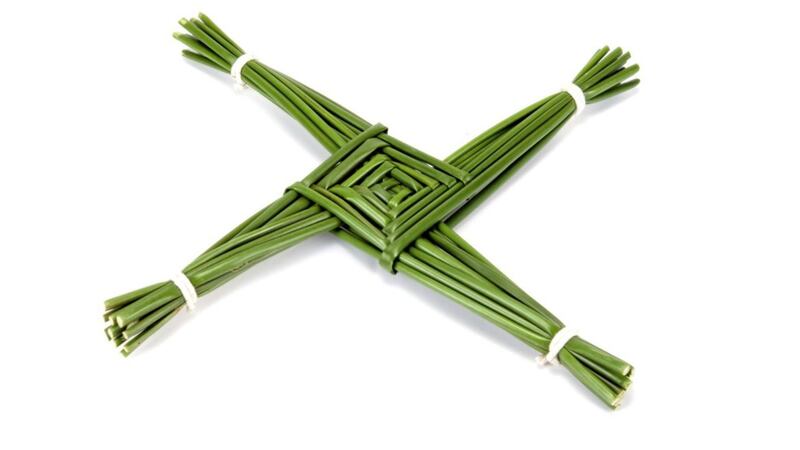ONE day last week, a colleague remarked that it felt like the 87th of January. How right she was. The month that seems to go on forever is finally over. As usual, I jumped out of bed yesterday morning and welcomed spring.
Before you scream at the paper, I understand that it’s freezing, I also understand that today is February 2. Regardless of these facts, to me, and many others, spring sprang yesterday, and it always does. As the song goes, ‘It may be winter outside, but in my heart its spring’.
The Six Nations begins today, the National League is up and running again; it feels like the wheels are turning once more after the January hiatus.
These pagan festivals are celebrated at the beginning of the seasons in the Celtic calendar. Imbolc welcomes spring, Bealtaine, summer, Lúnasa, sutumn and Samhain (Halloween) welcomes winter. This cycle works for me and my mood. And they seem to be making a comeback.
February has long been one of my favourite months of the year. Despite it being cold, there’s a freshness in the air, a new start. It’s a good time to set about getting things done, as the days get longer and the darkness begins to fade.
February also begins with the feast of St Brigid, the only female patron saint of Ireland. I have always enjoyed making St Brigid’s crosses. As the tradition goes, we make fresh crosses to welcome her healing and light into our homes.
I remember my Bean an Tí in Ranafast in the Irish Language summer college (The Gaeltacht) telling us of St Brigid’s Day traditions. If I remember correctly, you go around the house three times and then say the following: Gabhaigí ar bhur nglúine, fosclaigí bhur súile agus ligigí isteach Bríd bheannaithe (Go down on your knees, open your eyes, and welcome Blessed Brigid).
The St Brigid’s cross above the door is a lovely tradition and in my opinion can be viewed as both pagan and Christian. Brigid herself straddled both worlds.
If these rituals and traditions interest you, you might want to follow The Dingle Druid, Juli Ni Mhaoileoin on Facebook. She provides great insight into the ancient traditions of a forgotten time.
In recent years, this time of year has also meant hitting the Glenshane Pass for Derry city. This is the middle weekend of the fourth annual Imbolc festival (imbolcfestival.com).
In 2013 Derry proved that it’s a great festival city. There are plenty of venues, most are within walking distance of accommodation, no shortage of great places to eat and, more importantly, the people are welcoming.
In 2013 Derry was the UK city of culture but, more importantly, in my opinion, that year the city also hosted the All Ireland Fleadh for the first time. Most people in Derry hadn’t a clue what a fleadh was, never mind having an idea of what to expect that week. Organisers at the time were worried about this – but there was no need.
I remember walking down Shipquay Street towards the Guildhall on the Sunday evening for the opening ceremony. There were huge crowds on the streets and a great buzz in the air. I wondered if another event was happening at the same time.
This opening ceremony usually attracts a couple of hundred people. That evening, the square was packed. Thousands had come out to support the launch of Fleadh Cheoil na hÉireann. We now know that half a million people visited Derry that week.
The work of the Cultúrlann and especially An tAcadamh Ceoil, The Music Academy, both based in Great James Street, have contributed to maintaining the momentum. Hundreds of children and adults, most of whom may not have had a background in traditional music, now attend weekly traditional music classes.
The Glassworks is currently hosting an exhibition An Gorta Mór – Art and the Great Hunger, a collection of paintings and cultural items which tell the story of the Irish Famine. Admission is free.
Other venues will host a selection of wonderfully curated concerts; there will be no shortage of sessions, recitals and talks.
It may look like a winter wonderland outside but it’s well worth fighting through the weather conditions and welcoming the Irish spring by the banks of the Foyle.









